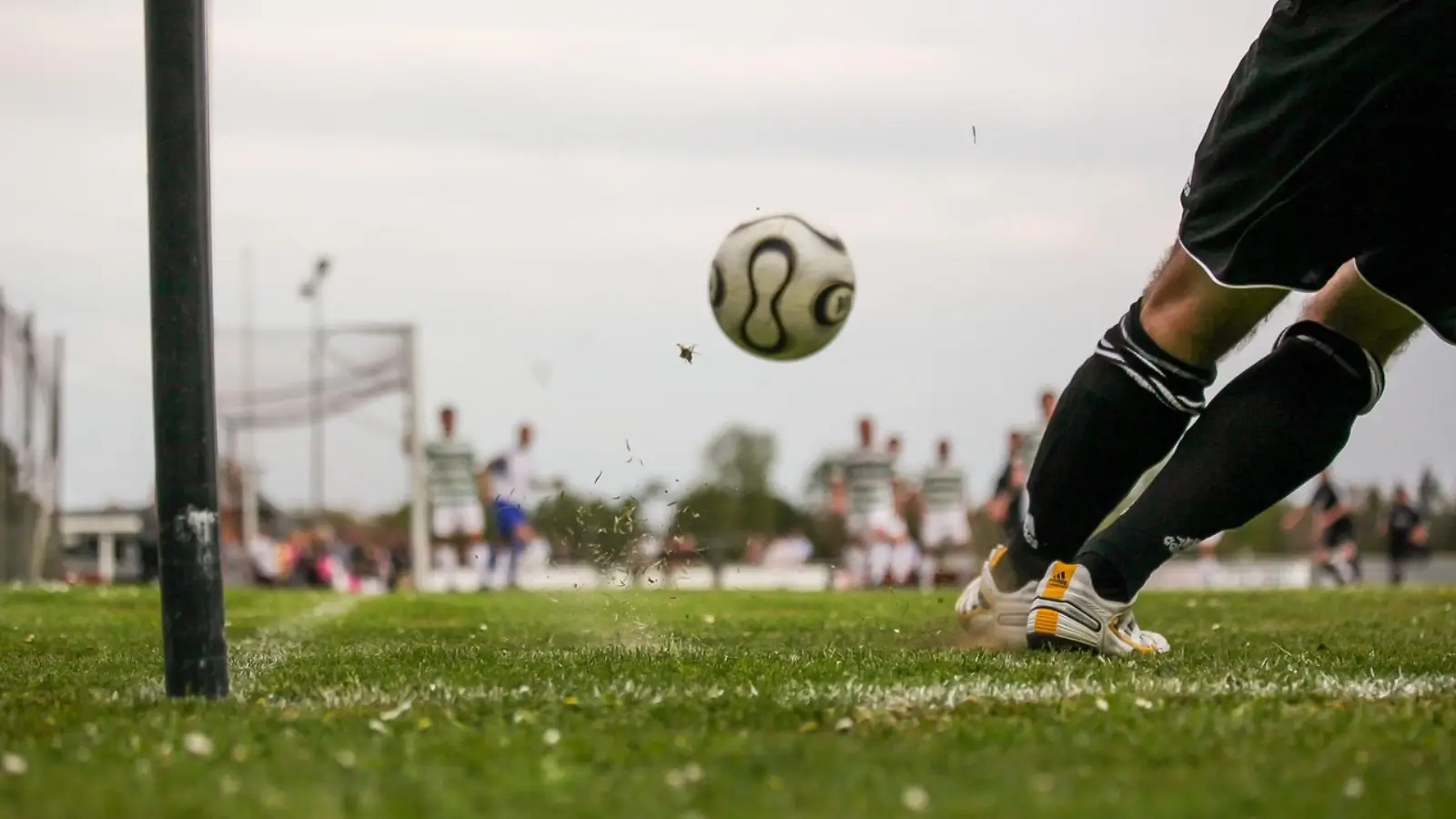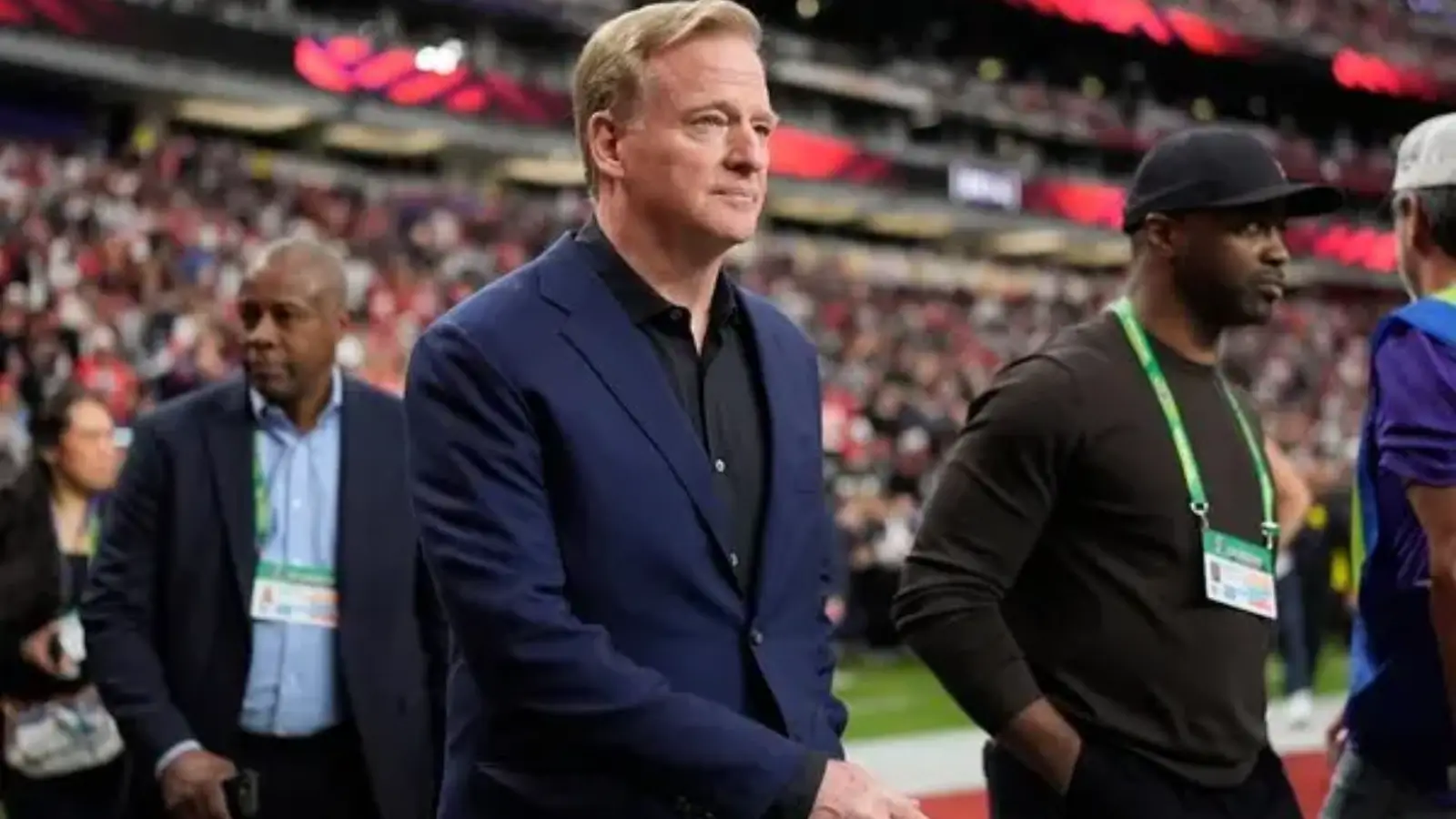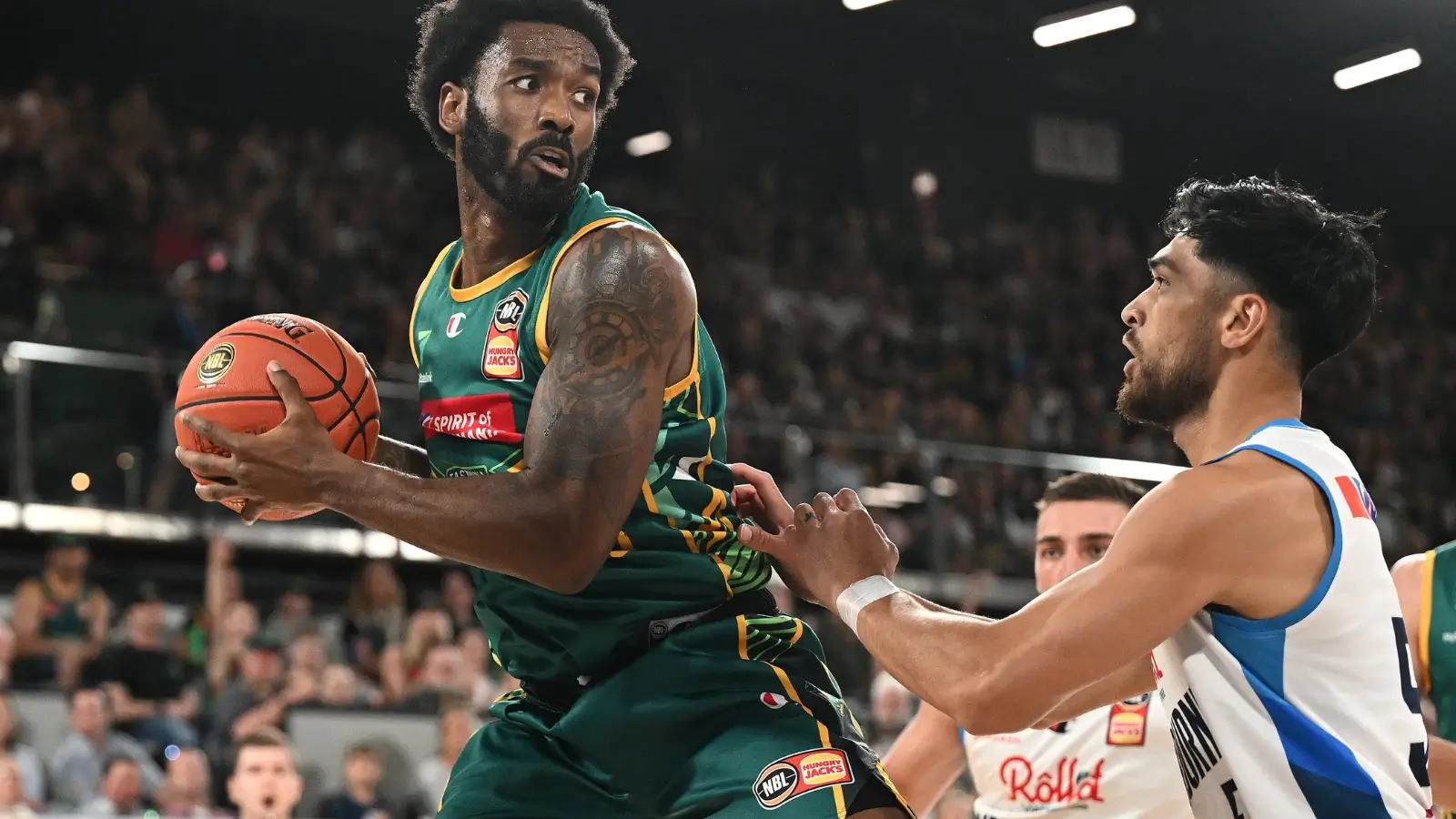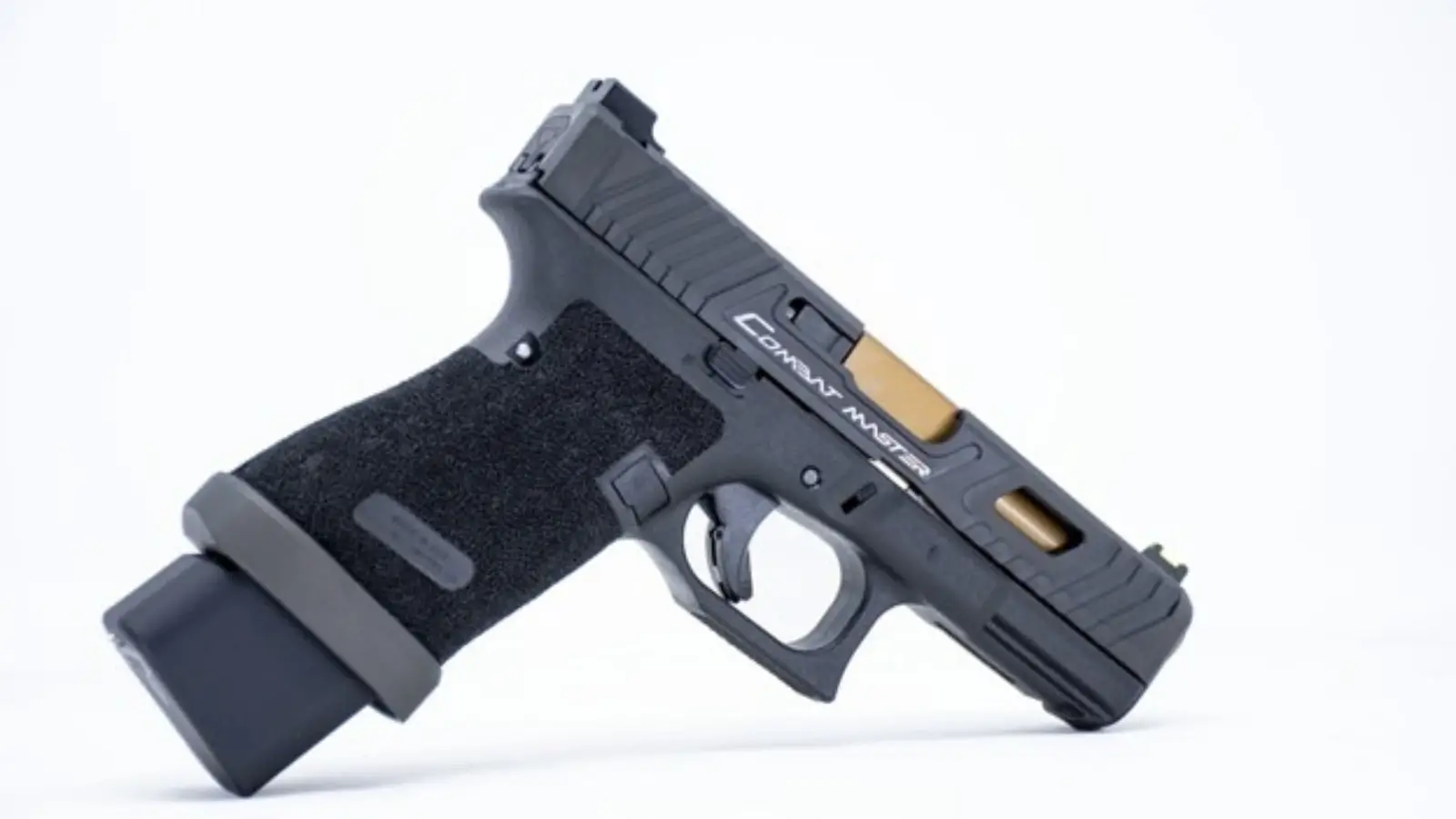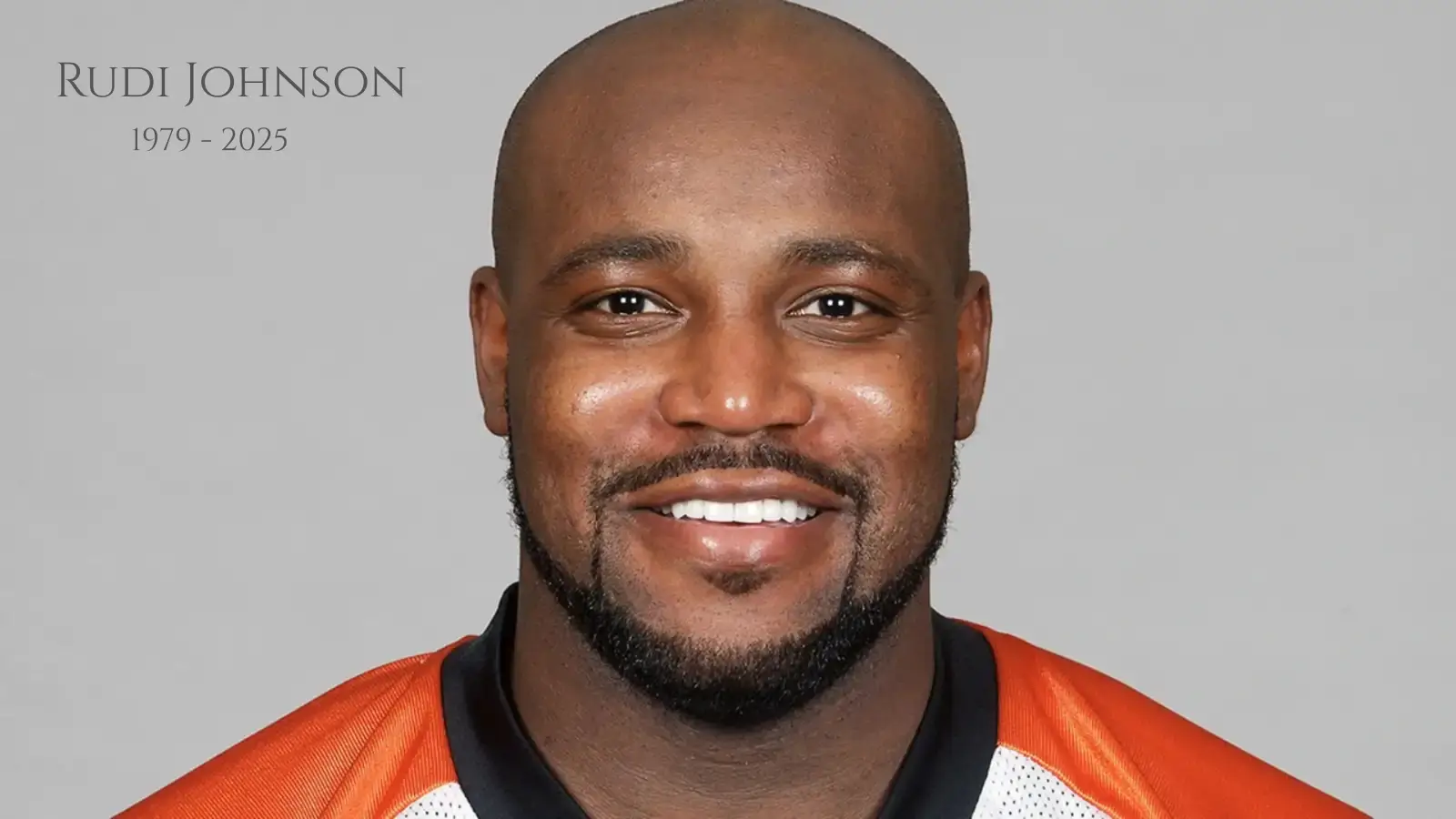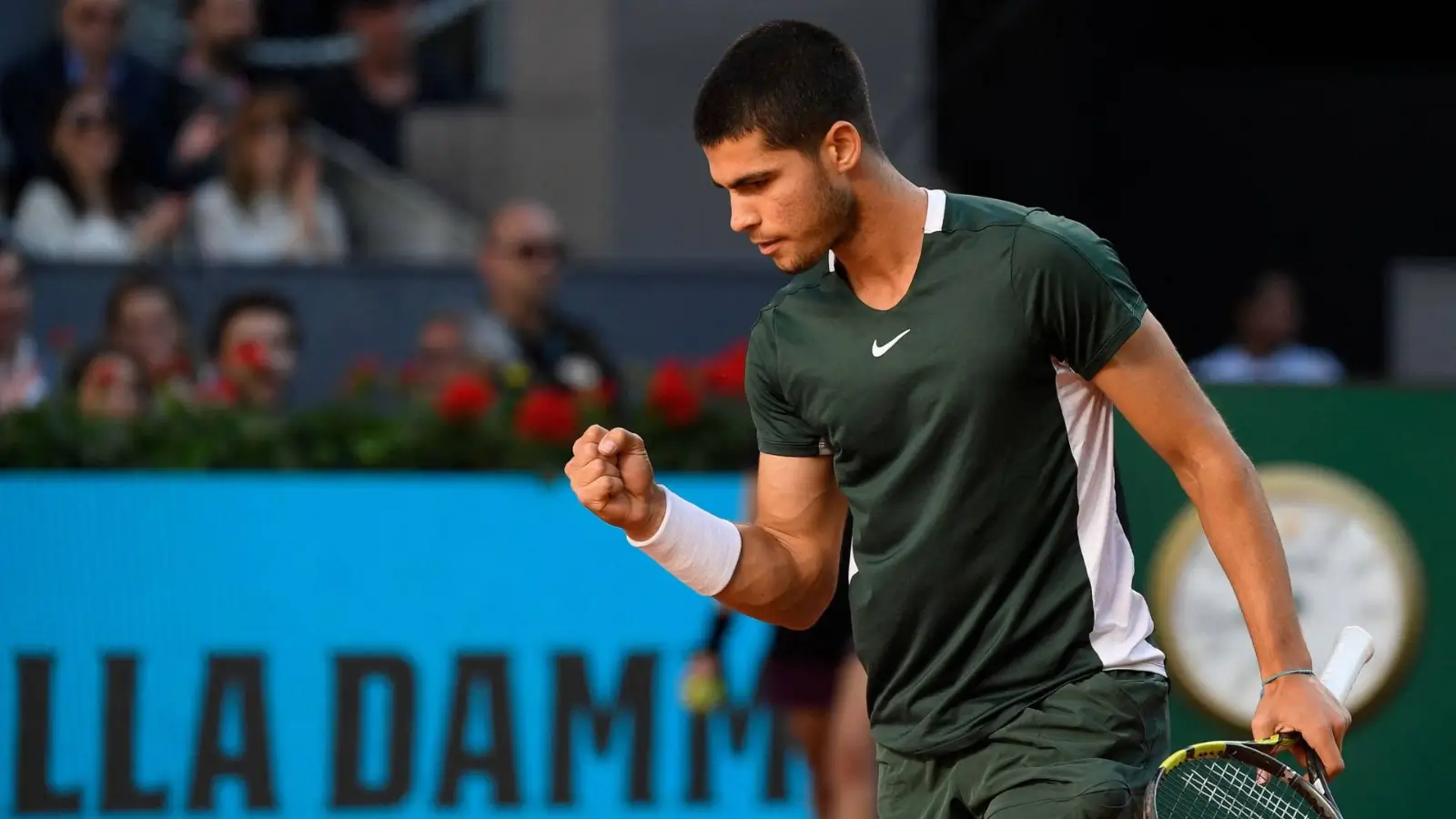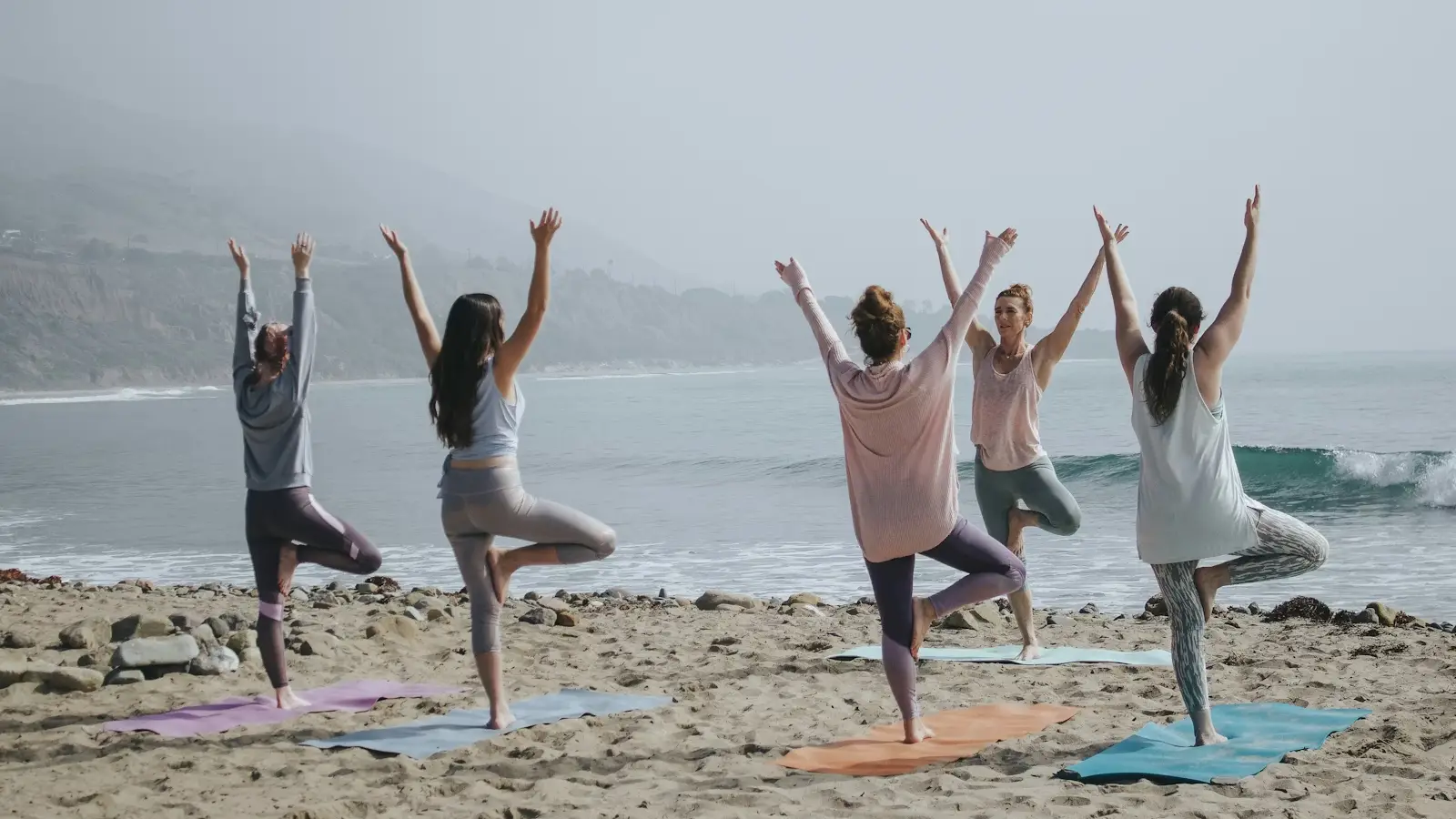The Evolution of Mixed Martial Arts
— MMA has undergone a remarkable transformation from a niche sport to a global phenomenon.
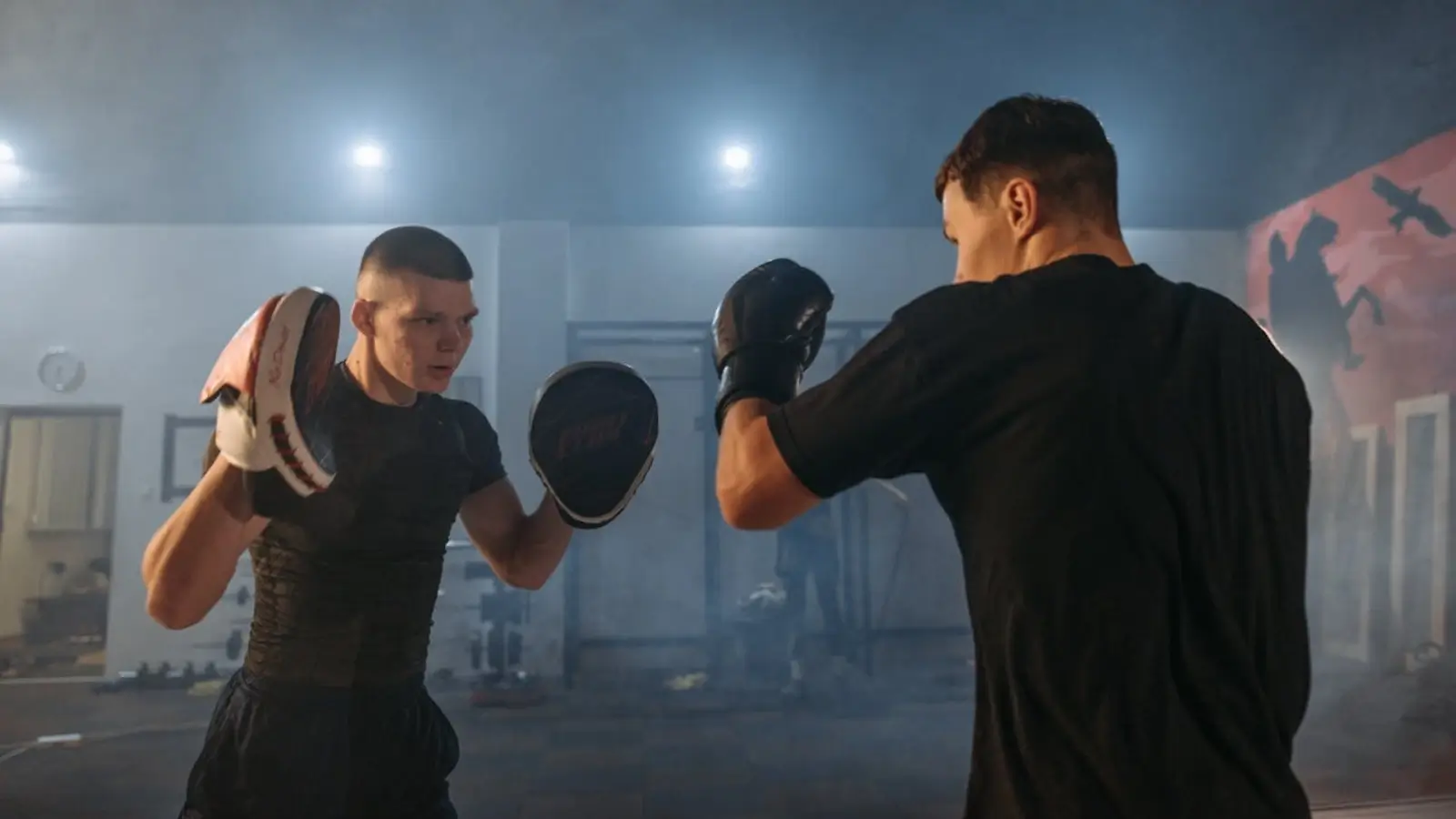
Mixed Martial Arts (MMA) has emerged as one of the most dynamic and popular sporting disciplines worldwide. From its inception, which was heavily influenced by various combat sports, MMA has evolved into a comprehensive arena where participants can test their skills across multiple martial arts disciplines.
The Roots of Mixed Martial Arts
The origins of MMA can be traced back to ancient martial arts. Traditional forms of combat, such as wrestling, boxing, and martial arts like Kung Fu and Karate, offered the foundations. In modern history, the concept of pitting different fighting styles against one another gained prominence in Brazil during the 1920s through Vale Tudo competitions.
By the 1990s, MMA had gained significant attention globally, primarily through the efforts of organisations such as the Ultimate Fighting Championship (UFC), which showcased fighters with diverse skill sets. This exposure led to the recognition of MMA as a legitimate sport rather than a spectacle.
The Growth of MMA Organisations
As MMA gained popularity, numerous organisations emerged worldwide to promote the sport. These organisations played a crucial role in establishing rules, safety regulations, and weight classes to safeguard athletes' welfare while maintaining the sport's competitive spirit. Prominent organisations like the UFC and Bellator have propelled MMA into mainstream sports.
Perosh MMA: A Pillar in MMA Training
In Australia, Perosh MMA has established itself as a leading institution for MMA training. Located in Sydney, Perosh MMA offers comprehensive training programs for both beginners and advanced practitioners, focusing on developing skills across various martial arts disciplines such as Brazilian Jiu-Jitsu, Boxing, and Muay Thai.
Under the guidance of Anthony Perosh, a former UFC competitor and Black Belt in Brazilian Jiu-Jitsu, Perosh MMA provides a supportive environment for students to hone their abilities and achieve their personal goals.
MMA Techniques: A Multifaceted Approach
MMA athletes are trained to be versatile, integrating techniques from various martial arts disciplines into their combat strategy. This includes striking from boxing and Muay Thai, grappling from Brazilian Jiu-Jitsu and wrestling, and even elements of Judo and Karate.
This multifaceted approach requires athletes to possess not only strength and endurance but also tactical acumen and adaptability. As a result, training in MMA often involves rigorous sessions aimed at enhancing both physical and mental resilience.
The Significance of MMA in Modern Fitness
MMA has extended its influence beyond competitive arenas and into the realm of general fitness. Training in MMA offers numerous health benefits, including improved cardiovascular health, increased strength and flexibility, and enhanced mental focus. Consequently, many individuals are gravitating towards MMA training as a compelling alternative to traditional fitness regimes.
Institutions like Perosh MMA cater to these fitness enthusiasts by offering programs specifically tailored to improve general well-being while providing an introduction to the sport's core techniques.
MMA's Impact on Pop Culture
MMA's impact extends beyond sports into popular culture, influencing fashion, film, and even video games. This influence has further cemented its place within contemporary society, serving as both entertainment and inspiration for many.
Media coverage and celebrity endorsements have played a pivotal role in elevating MMA's status globally. This has been instrumental in garnering new fans and practitioners, expanding the sport's reach even further.
Challenges and Future Prospects
Despite its popularity, MMA faces challenges, including regulatory hurdles and concerns regarding athlete safety. Ensuring the welfare of fighters remains paramount, requiring continued advancements in medical assessment and safety protocols.
The future of MMA appears promising, with technological advancements poised to enhance training practices and athlete performance. Developing talent at grassroots levels will also be essential in sustaining the sport's growth and generating interest among younger demographics.
Conclusion
MMA has undergone a remarkable transformation from a niche sport to a global phenomenon. Organisations like Perosh MMA continue to play a crucial role in this journey, offering training and fostering a community that endorses the values of discipline, respect, and camaraderie inherent in martial arts.
As MMA continues to evolve, it will undoubtedly remain a significant force within the sporting world, captivating audiences and attracting new participants globally.











